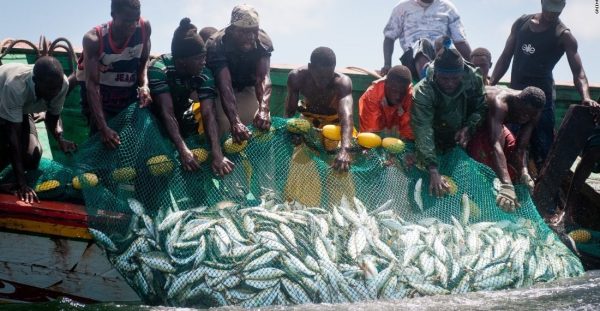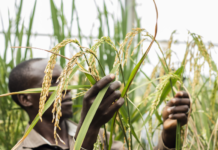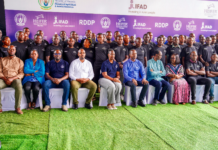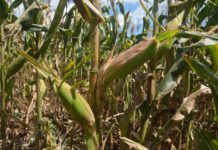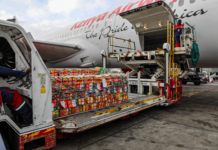Greenpeace, a non-governmental environmental organization that exposes environmental injustices globally, has accused producers of fishmeals and fish oil for European and Asian industries of depriving West Africans of a significant part of their diet and contributing to the plundering of fishery resources.
According to the organisation, the production of fishmeal and fish oil in this region of the continent has increased from 13,000 tonnes in 2010 to 170,000 tonnes in 2019, which has been sounding the alarm for several years.
Greenpeace noted that, according to the UN Food and Agriculture Organisation (FAO), the main species used for fishmeal and oil production, especially the sardines are being”overexploited”. The report reveals how more than half a million tonnes of small pelagic fish are extracted every year along the coast of West Africa and converted into feed for aqua- and agriculture farming, dietary supplements, cosmetics and pet food products outside the African continent. For instance, in Mauritania, 70% of fish oil exports went to the EU in 2019.
Demand for fish
On average globally, fish and fish products account for 18% of animal protein intake. Due to the growing population and per capita income, demand for fish is expected to increase 30% by 2030. If the current trend continues without management, the poorest countries will suffer the most.
The governments of Mauritania, Senegal and The Gambia have so far failed to properly manage their common small pelagic fish resource, as well as to take the appropriate measures to ensure the right to food and livelihood for their impacted communities according to the report.


